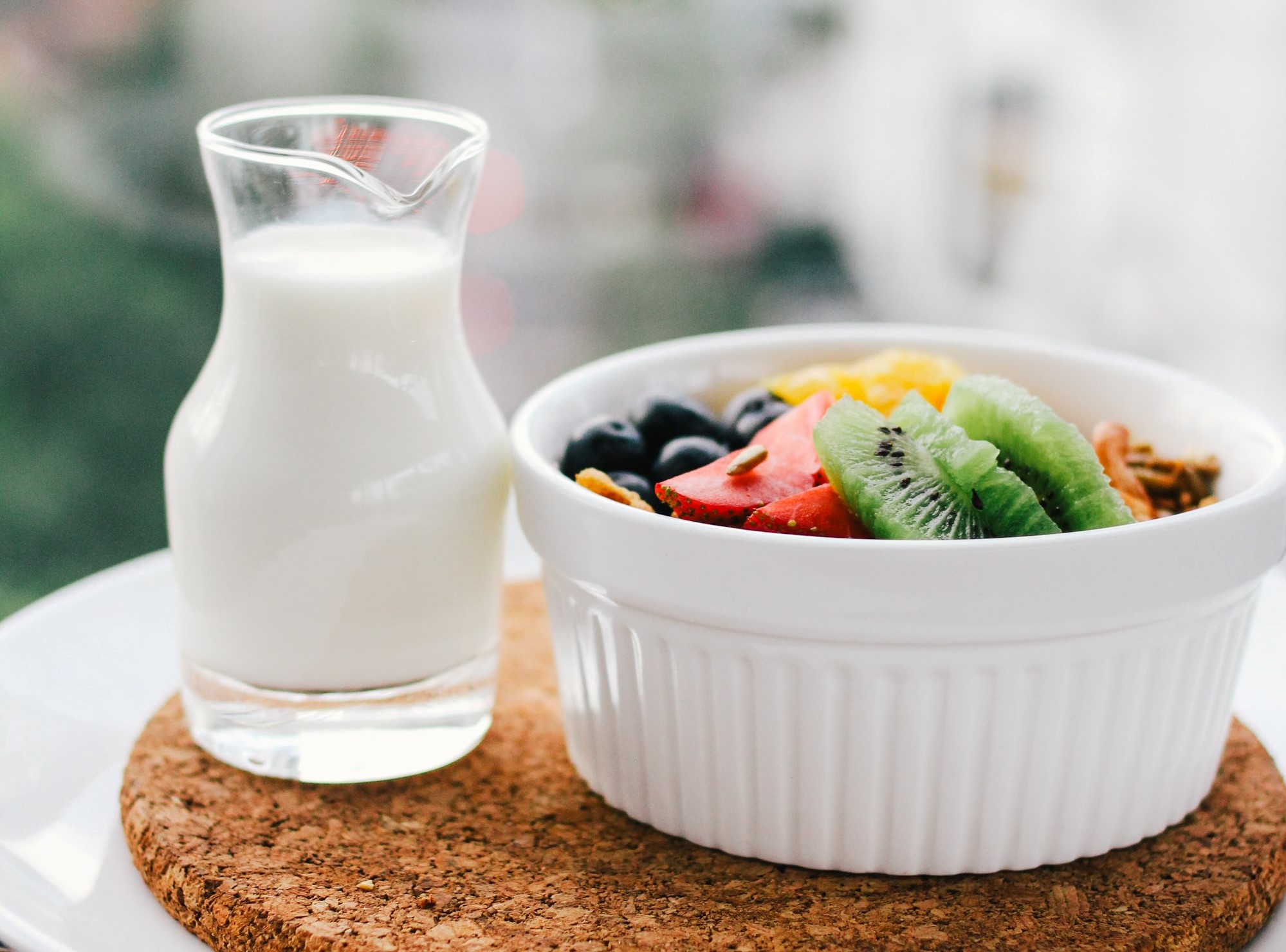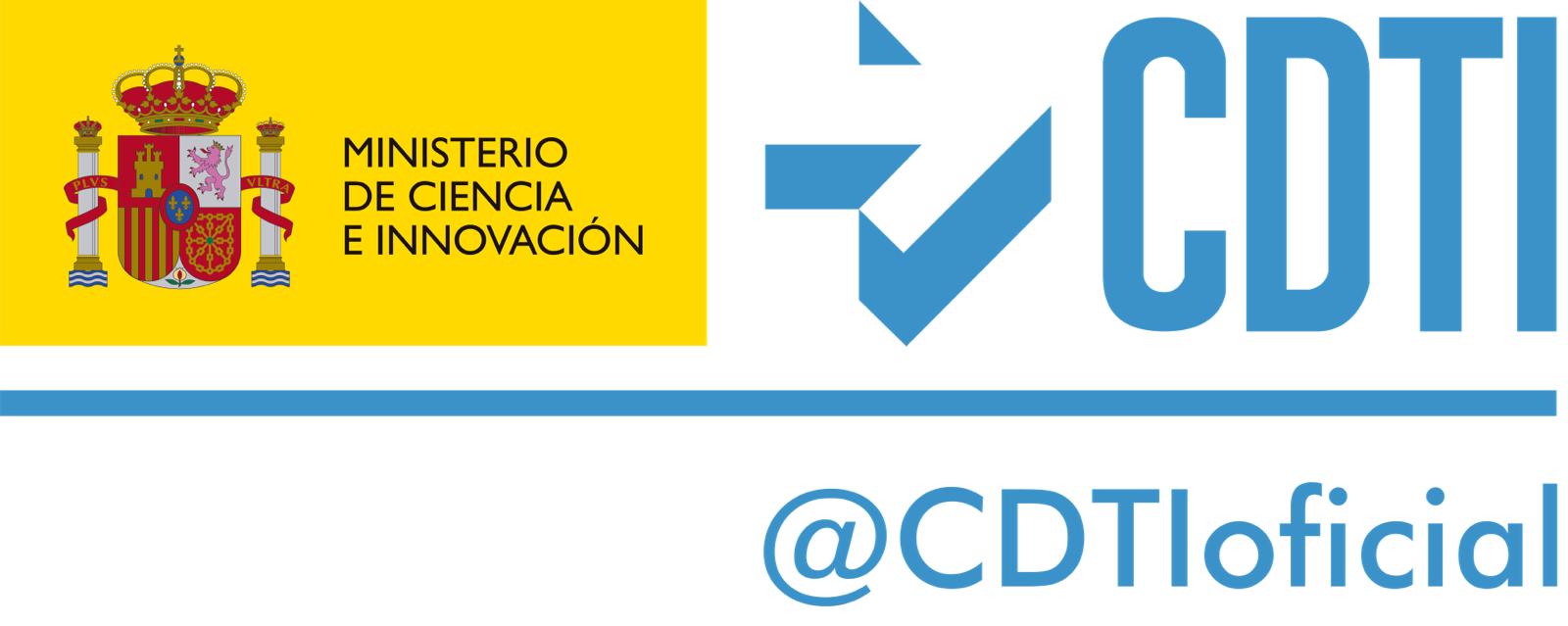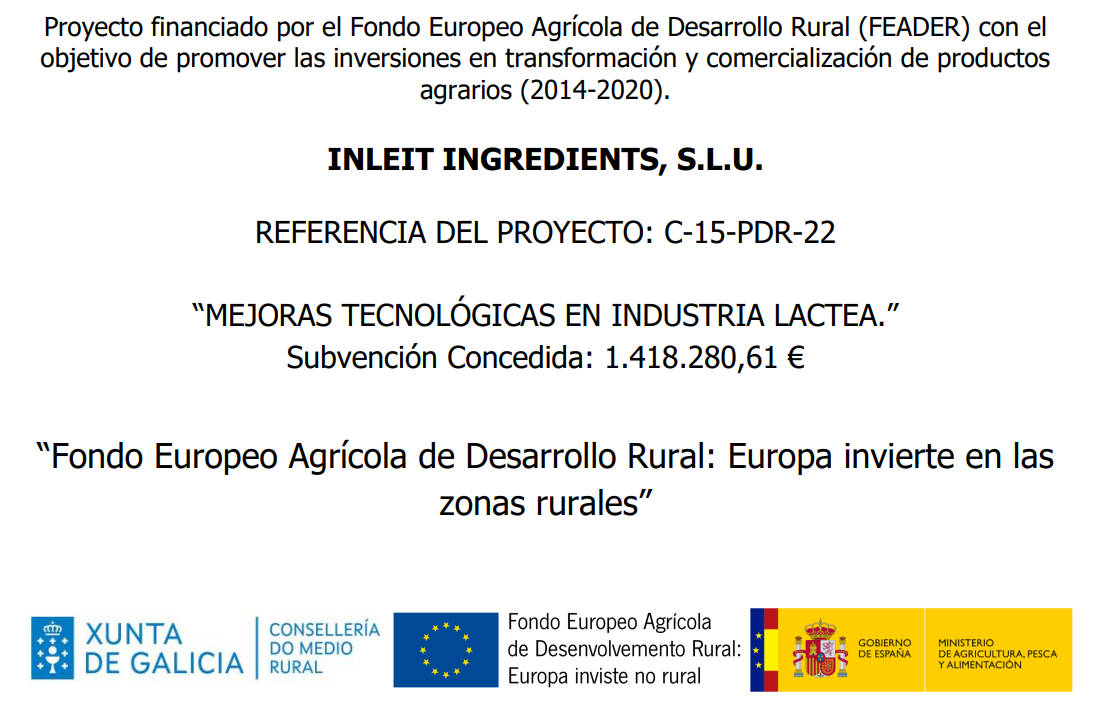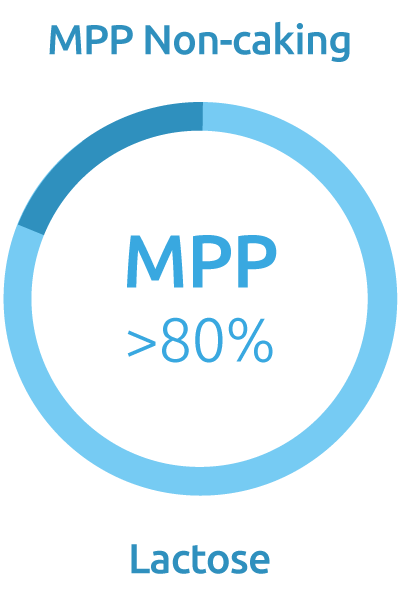Milk is approximately 87% water and 13% solids – and all of the proteins that are present account for only 3.5% of its composition. Although relatively small in comparison, this percentage of proteins is extremely important due to their quality.
Dairy proteins are important because they are a vital source of essential amino acids – which cannot be synthesized by our bodies and therefore need to be taken in through our diet.
So, dairy proteins are invaluable but why exactly are they important? Let’s take a closer look.
The Link Between Proteins and Weight Management
Satiation and satiety are the two most notable behavioral processes that govern our food intake. Satiation is the process that establishes the stopping point for any ongoing food intake; while on the other hand, satiety is the process that delays the onset of the next food intake.
There are several underlying mechanisms that serve as the foundation for both satiation and satiety. These range from sensory and cognitive mechanisms, such as taste perception and long-term consumption habits, to post-ingestive and post-absorptive mechanisms, such as digestive hormones and blood nutrient levels
An increase in satiation and feelings of satiety leads to less overall hunger and this is directly linked to weight management and weight loss. Per calorie, protein leads to quicker satiation and a longer feeling of satiety compared to both carbohydrates and fats – which leads to it being dubbed as the “most satiating macronutrient”.
The Balance Between Protein Breakdown and Protein Synthesis
Protein turnover is defined as the ratio between protein breakdown and synthesis, and this occurs on a near-constant basis. Normally the 2 compensate each other for muscle maintenance. However, this balance can be affected by our overall health, age and exercise.
Children generally have a higher rate of protein synthesis compared to breakdown, while young adults generally have an approximate 1-to-1 ratio. As we get older, protein breakdown gradually becomes notably more significant than synthesis – which is why older people require more dietary protein than younger people.
Finally, it is also recommended for high level athletes to consume more proteins. Indeed, during exercise protein synthesis is reduced while breakdown is boosted. The protein balance is then negative and muscle are damaged. This is why it will be essential for an athlete to consume more proteins.
The Rise of High Protein Products
Nowadays, increasing protein intake is an important consideration for many consumers, especially those who are looking for more healthy lifestyles. The protein trend is a great opportunity for manufacturers to add front-of-package protein claims. However high-protein products can have some notable limitations, most notably:
- High-protein foods can sometimes be unappealing or unpalatable.
- High-protein diets may limit dietary choices.
- Some high-protein foods are also sources of non-healthy nutrients such as saturated fats, etc.
That is why food industry need to continue innovating. Protein fortification isn’t just for bars anymore, but include beverages, protein water, ice cream, protein cake, etc. Manufacturers have to propose more variety and more attractive high protein products to the consumers and we have the solutions to make it happen.
The Benefits of Using LeitUp M85B as the Foundation for High-Protein Products
The Technical Challenges
- Formulation challenges can arise from an increase in protein content; affecting the viscosity, causing coagulation, and creating problems during processing.
- Post-production thickening and gelling can occur during a product’s shelf life.
- High-protein beverages usually have an unpleasant thick texture and create a dry mouthfeel.
The Solutions – What Makes LeitUp M85B Ideal for High-Protein RTD Beverages?
- Its specific composition improves the overall viscosity and texture, allowing it to have a consistency similar to that of milk, throughout its entire shelf life.
- Imparts a mild milky taste without creating a dry mouthfeel sensation.
- Allow to increase up to 14% the protein content of beverages, significantly above the market average of 10%.
LeitUp M85B is a functional new-generation protein that is designed to provide solutions to the challenges that arise in high-protein “ready to drink” product development.














